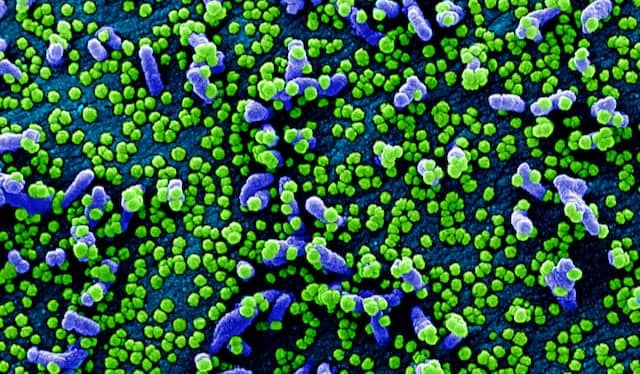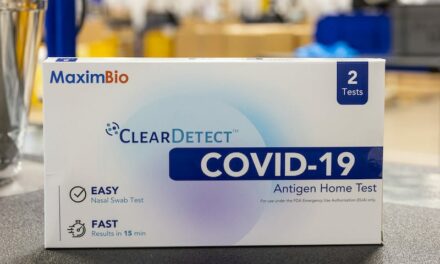A peer-reviewed study by researchers at NSF International and Novateur Ventures, Vancouver, British Columbia, Canada, found significant variability in the accuracy of currently available covid-19 antibody tests.1 In the absence of vaccines and effective therapeutics for SARS-CoV-2 and the associated covid-19 disease, reliable antibody testing can be a key element of public health policy to control further spread of the disease and gradually ease quarantine measures. The urgent need for the development of antibody diagnostic tests in response to the covid-19 pandemic has compelled regulatory bodies to implement emergency use authorization programs to expedite the commercialization process of these tests. “Granting FDA emergency use suthorization to several companies to accelerate the manufacturing of diagnostic tests was a good move,” says Abdi Ghaffari, PhD, advisor in scientific affairs atNovateur Ventures and an adjunct associate professor at Queen’s University. “But it must be accompanied by informed and clear guidelines on preferred and minimally acceptable profiles of the covid-19 antibody tests designed for a specific indication.” Published independent performance data of five chemiluminescence immunoassays, 15 enzyme-linked immunosorbent assays, and 42 rapid diagnostic tests that are currently on the market were reviewed to understand their limits and potential. The findings showed significant variability in the accuracy of marketed tests and highlighted several lab-based and point-of-care rapid diagnostic tests with high performance levels in detecting SARS-CoV-2 specific antibodies. The findings of this review highlight the need for ongoing independent evaluations of commercialized covid-19 diagnostic tests. The study identified 13 top-performing covid-19 antibody tests based on independent evaluations of their sensitivity (ability to correctly identify those with the disease) and specificity (ability to correctly identify those without the disease) data (>95% accuracy). Antibody tests can complement molecular-based tests in providing a more accurate estimate of SARS-CoV-2 incidence and potentially detect individuals with immunity against the disease as these tests detect markers of the immune response. For more information, visit NSF Internationaland Novateur Ventures. Reference 1. Ghaffari A, Meurant R, Ardakani A. Covid-19 serological tests: how well do they actually perform? Diagnostics.2020;10(7):453; doi: 10.3390/diagnostics10070453. Featured image: Colorized scanning electron micrograph of a VERO E6 cell (blue) heavily infected with SARS-COV-2 virus particles (green), isolated from a patient sample. Image captured and color-enhanced at the NIAID Integrated Research Facility (IRF) in Fort Detrick, Md. Credit: NIAID.
Performance of Covid-19 Antibody Tests Ranked





